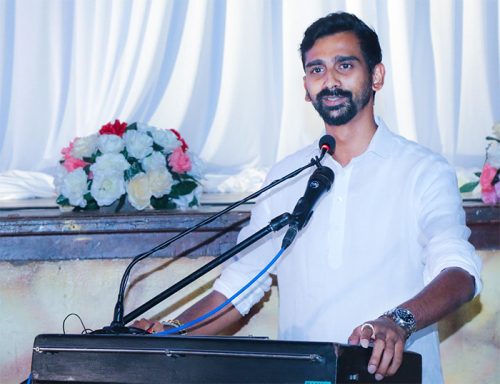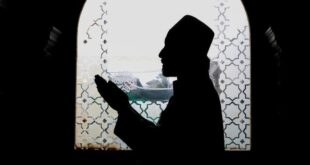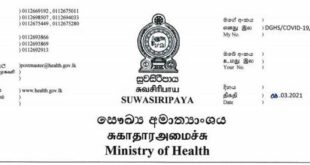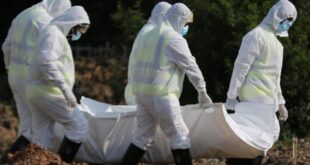 Minister of Water Supply and Estate Infrastructure Development Jeevan Thondaman on Tuesday (02) apologised to the Muslim community for the mandatory cremation policy enforced during the COVID-19 pandemic under the previous Government of Gotabaya Rajapaksa.
Minister of Water Supply and Estate Infrastructure Development Jeevan Thondaman on Tuesday (02) apologised to the Muslim community for the mandatory cremation policy enforced during the COVID-19 pandemic under the previous Government of Gotabaya Rajapaksa.
The unexpected apology came during an Ifthar gathering hosted by Minister Thondaman in Hatton. The Minister apologised to the Muslims and acknowledged that the policy had caused distress to them. He had assumed duties in January last year, but as the incumbent Minister responsible for water supply, he had to take responsibility what had been done by his predecessor.
The forced cremation policy under President Gotabaya Rajapaksa had been driven by concerns that burial of COVID-19 victims could contaminate water supplies and advised so by relevant doctors at the time. That was despite several scientific opinions, including that of the World Health Organisation, refuting that claim.
The previous government’s position had now been refuted by new scientific findings of a study led by experts from the University of Sri Jayewardenepura and an update by the Joint Research and Demonstration Centre for Water Technology (JRDC) at the University of Peradeniya, a centre under the Ministry of Water Supply and Estate Infrastructure Development. The update to the original study was done on the instructions of Minister Thondaman after becoming the subject Minister last year.
The first study, led by experts from the University of Sri Jayewardenepura and financially supported by the Ministry of Water Supply, sought to ascertain the presence of the SARS-CoV-2 virus in surface and wastewater across various locations in Sri Lanka. Conducted between August and December 2021, the research aimed to assess the risk of viral transmission through water, a concern that originally motivated the cremation mandate.
A comprehensive review study by the JRDC analysed the effects of COVID-19-infected bodies’ burial on groundwater contamination. Published this year (2024), the review has concluded there was no risk to groundwater pollution from properly conducted burials during the pandemic. The study has emphasised that proper burial procedures, including deep burial in sealed body bags, effectively mitigated any risk of environmental contamination.
The study also highlighted that the presence of SARS-CoV-2 RNA in various water sources did not stem from burial practices but rather from the faeces and urine of infected individuals, further debunking the initial assumptions that underpinned the cremation policy.
Minister Thondaman said that he would soon be submitting a Cabinet paper, together with the findings of the study, to seek a formal apology from the government for the harm and hurt caused, especially to the Muslim community, from the forced cremation policy.
Post Disclaimer | Support Us
Support Us
The sailanmuslim.com web site entirely supported by individual donors and well wishers. If you regularly visit this site and wish to show your appreciation, or if you wish to see further development of sailanmuslim.com, please donate us
IMPORTANT : All content hosted on sailanmuslim.com is solely for non-commercial purposes and with the permission of original copyright holders. Any other use of the hosted content, such as for financial gain, requires express approval from the copyright owners.
 Sri lanka Muslims Web Portal Sri Lanka Muslims News Center
Sri lanka Muslims Web Portal Sri Lanka Muslims News Center
 Donate
Donate


